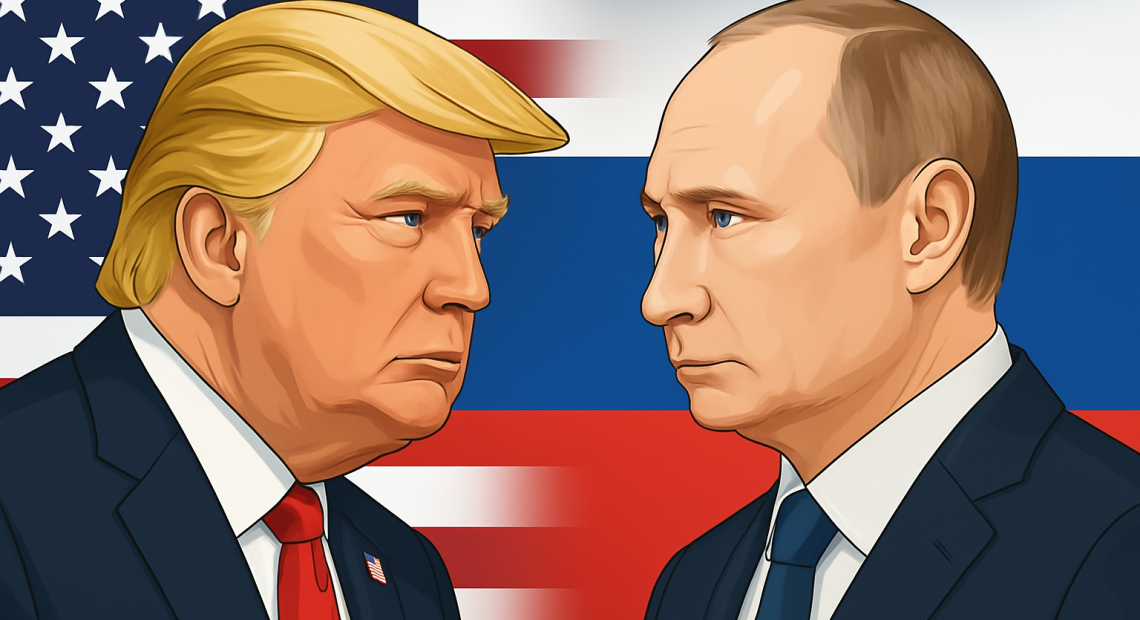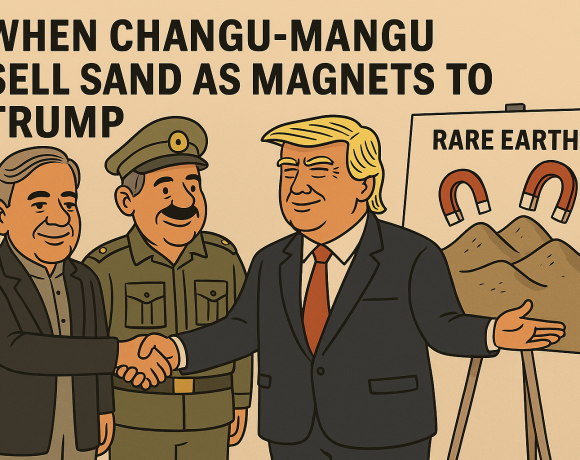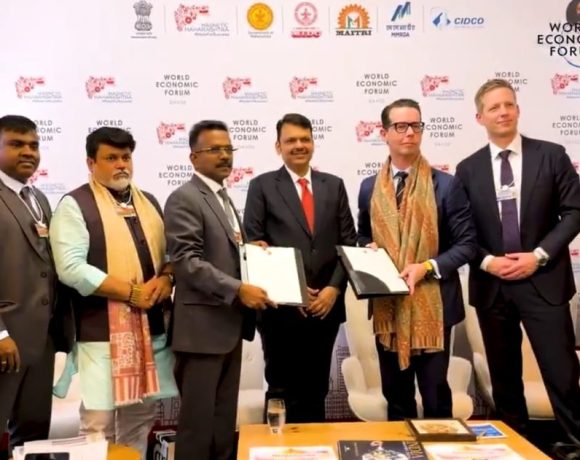
From Deal-Maker to Deal-Breaker: How Trump’s Alaska Gamble May Cost Republicans Moderates
Donald Trump marched into Alaska promising the world a diplomatic breakthrough. Instead, he left with little more than a circus act in which Vladimir Putin played ringmaster and Ukraine played the villain in Trump’s script. The so-called “peace summit” was billed as a historic chance to end the war. In reality, it was a hollow stunt — one that may damage not just Ukraine’s security but also the Republican Party’s chances with moderates back home.
At the heart of Trump’s grand offer was nothing more than Putin’s own demands repackaged in Trumpian gold leaf. Ukraine was to surrender Donetsk and Luhansk, and the current battle lines would be frozen in place. This was not a bold American plan but a Kremlin photocopy. If plagiarism were diplomacy, Trump could already have his name engraved on a Nobel medal.
Predictably, Ukraine rejected it. Zelenskyy and his parliamentarians made clear that giving up sovereign territory is unconstitutional and morally indefensible. To them, Trump’s offer was not a peace plan but a surrender note. The rejection was never in doubt, which makes Trump’s insistence on presenting it as groundbreaking diplomacy even more farcical.
The calculation behind it was pure politics. Trump wanted to throw a bone to his base: “I tried to end the war, Ukraine refused, why should we keep paying billions?” It’s a message tailored for America First rallies where foreign aid is seen as betrayal. But while the base may cheer, moderates and independents will not. To them, the image of an American president echoing Putin’s demands looks less like peace-making and more like capitulation.
And the fallout is already clear. Moderates in swing states recoil at Trump’s posture. Reaganite Republicans, the old hawks who still believe in America standing by its allies, are aghast. In Europe, leaders rushed to reaffirm that Ukraine’s borders are non-negotiable. The optics could not be worse: Putin smug and satisfied, Zelenskyy resolute, Trump vague and evasive. This is not the aura of a master negotiator — it’s the shadow of a man who doesn’t understand that not all deals are worth making.
But perhaps the whole charade was never about peace. Trump’s obsession with the Nobel Peace Prize has been an open secret for years. He often claims his half-baked summits with Kim Jong-un or his transactional Middle East agreements were worthy of the honor. What gnaws at him is that Barack Obama won one in 2009, largely as a gesture of global goodwill. For Trump, that Nobel remains a personal humiliation — a symbol of the applause he craves but has never received. That explains why he keeps conjuring these “deals.” The Alaska summit wasn’t about Ukraine or Russia; it was about Trump’s desperate chase for validation. Obama got one for hope; Trump wants one for surrender.
In the end, Trump may have proved only one thing: he is less a deal-maker than a deal-breaker. By chasing headlines and prizes, he risks alienating moderates, unsettling allies, and gifting Putin the global stage. The circus lights in Alaska may have dazzled his base, but when the tent collapses, it is the GOP that will be left sweeping up the mess. Trump may think he brokered peace, but all he really did was strike a deal between Putin’s pride and his party’s electoral headache.


















